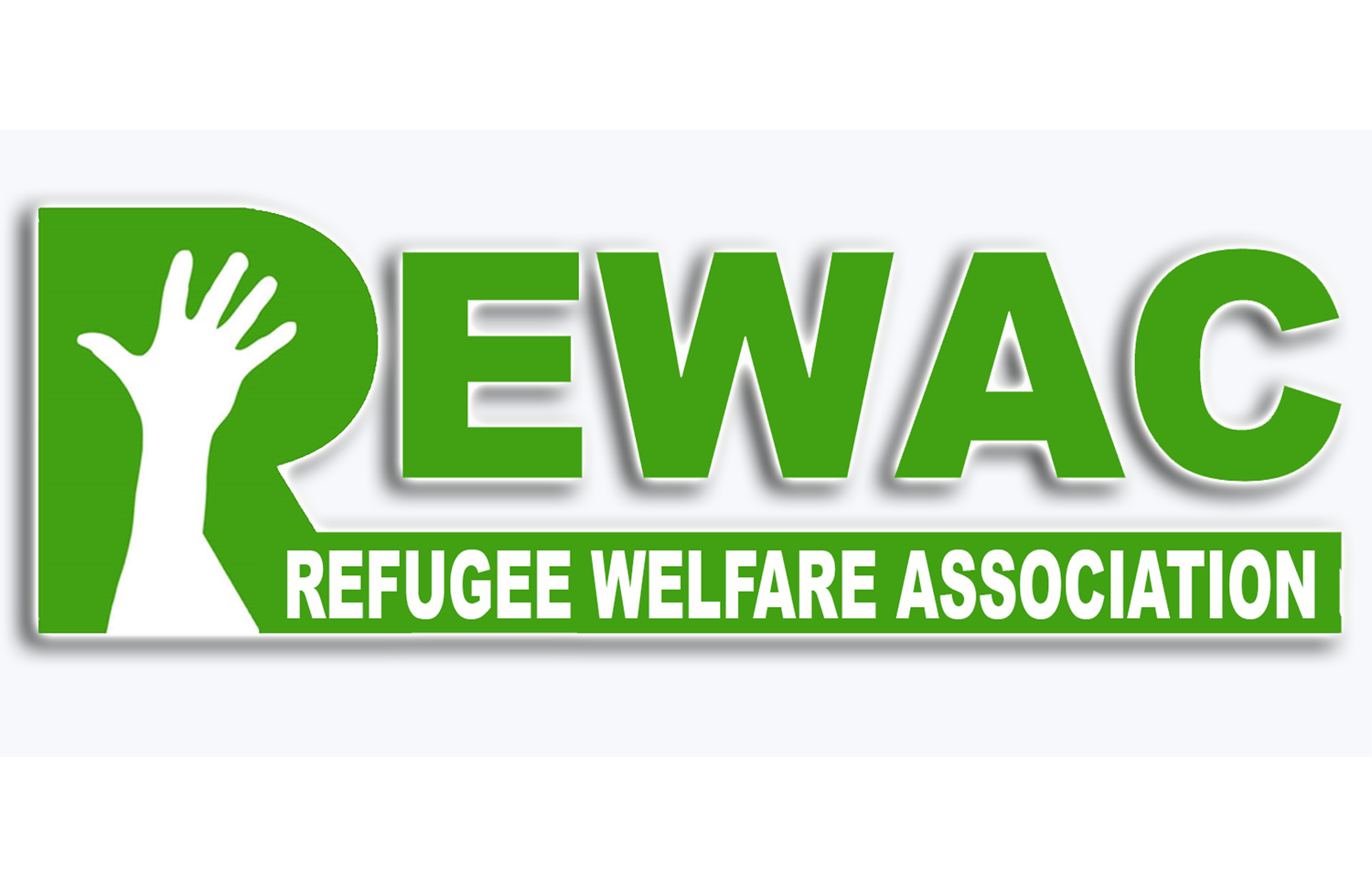
Training workshop with medical staff in health clinic and hospital in clinical management of rape
The training workshop took place on the 21st of April 2023 at the Military Hospital Up Station with 20 participants (6 males, 14 females) present. Key highlights of the workshop included:
- Presentation on the nature, dynamics, and prevalence of sexual assault; the physical, psychological, and emotional impact of sexual assault on survivors; and overview of relevant national and international laws and guidelines related to the management of sexual assault cases.
- Providing compassionate, survivor-centered care to survivors of sexual assault, techniques for empathetic communication, active listening, and building trust; and discussion on trauma-informed approaches and their application in the healthcare setting.
- Examination of sexual assault survivors, techniques for evidence collection, preservation, and documentation and an overview of sexual assault forensic kits and their proper utilization.
- Medical evaluation and treatment of sexual assault survivors, the identification and management of physical injuries, sexually transmitted infections (STIs), and pregnancy prevention; and post-exposure prophylaxis (PEP) for HIV and other relevant medications.
- Accurate and comprehensive documentation of medical findings and interventions; the importance of maintaining confidentiality, privacy, and data protection; and reporting obligations and procedures, including mandatory reporting and anonymous reporting options.
- Ethical considerations in the management of sexual assault cases; self-care strategies for medical professionals working with survivors of sexual assault; and available resources and support networks for healthcare providers.
Output: Provide 1 training session to 20 medical staff on the proper protocols and procedures for treating survivors of sexual violence.
Outcome: Improved quality of care and support provided to survivors of rape in health clinics and hospitals (post-training assessments reveal a 35% improvement in medical staff’s knowledge and skills in providing sensitive and comprehensive care to survivors).
Increased sensitivity and survivor-centered approach (Post-training evaluation reveals a 10% increase in medical professionals’ ability to provide empathetic and trauma-informed care to survivors).







Responses